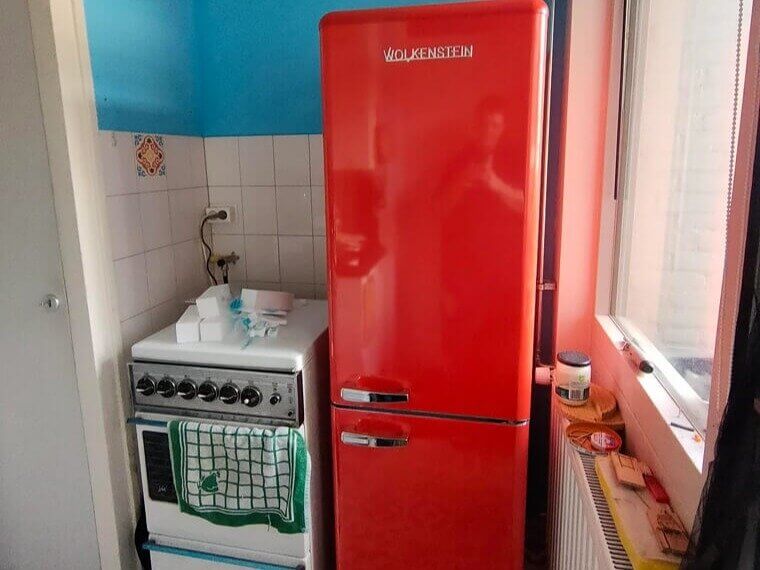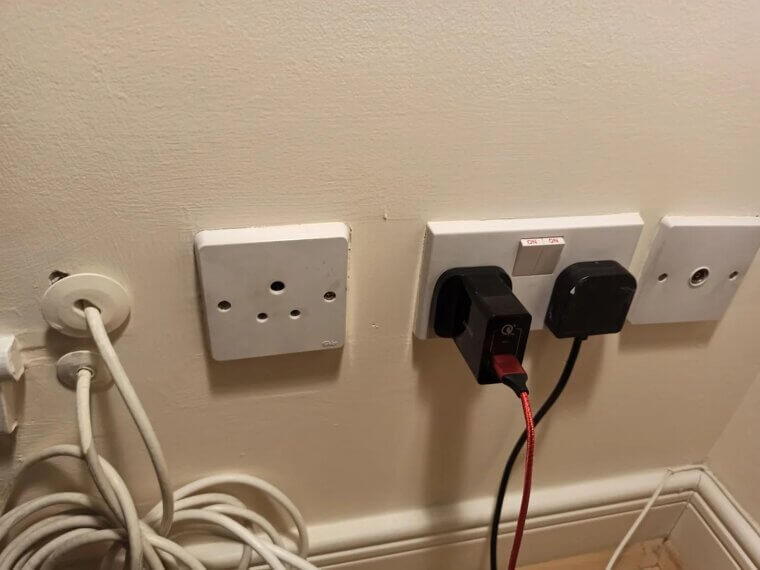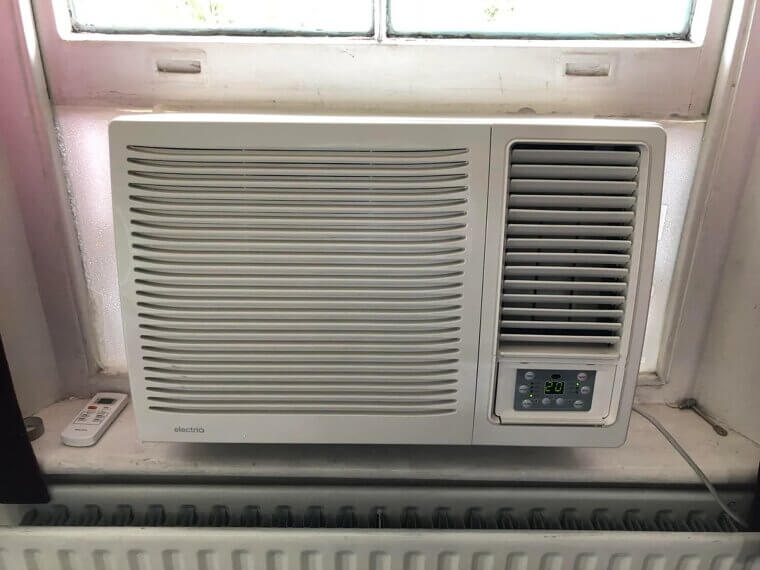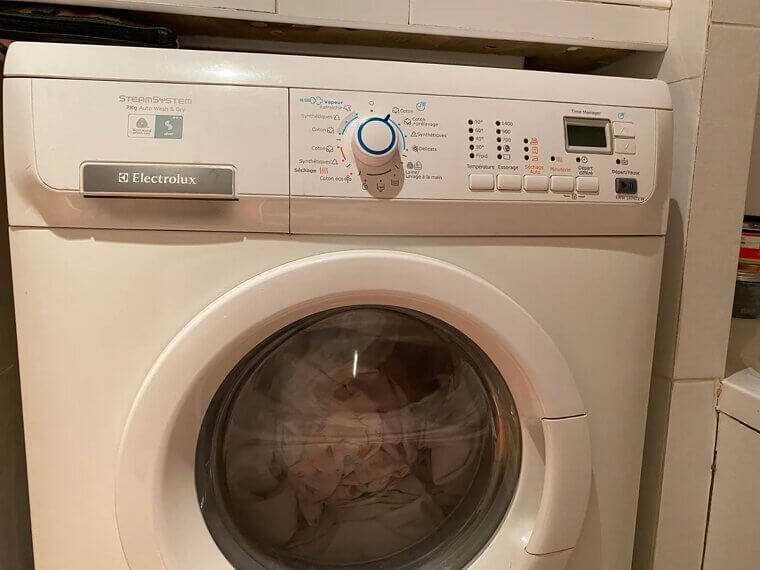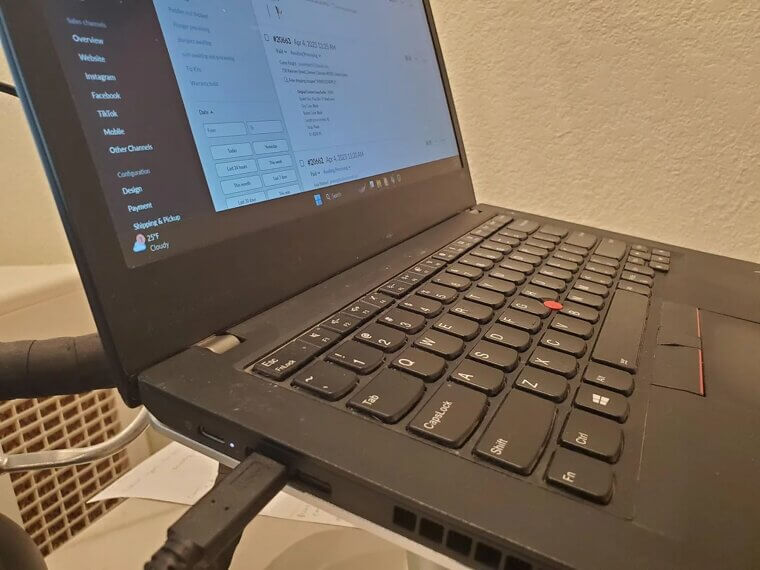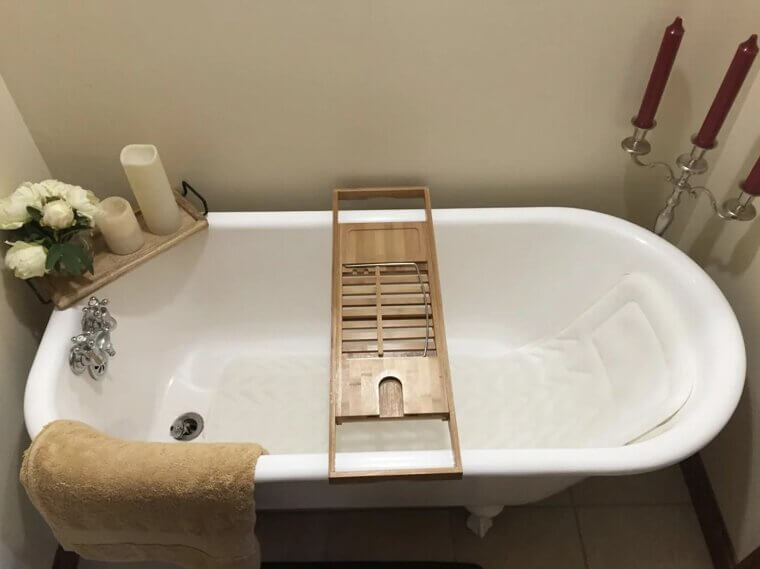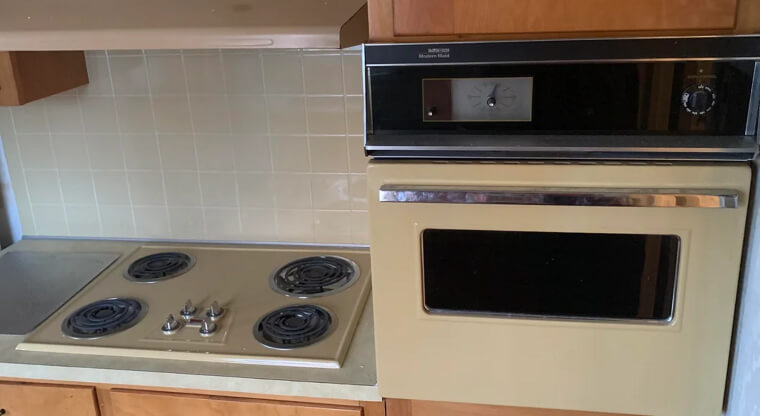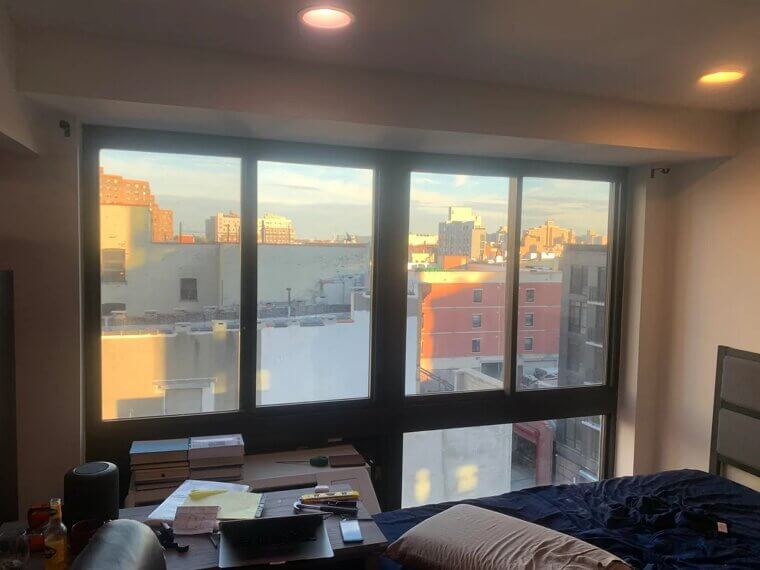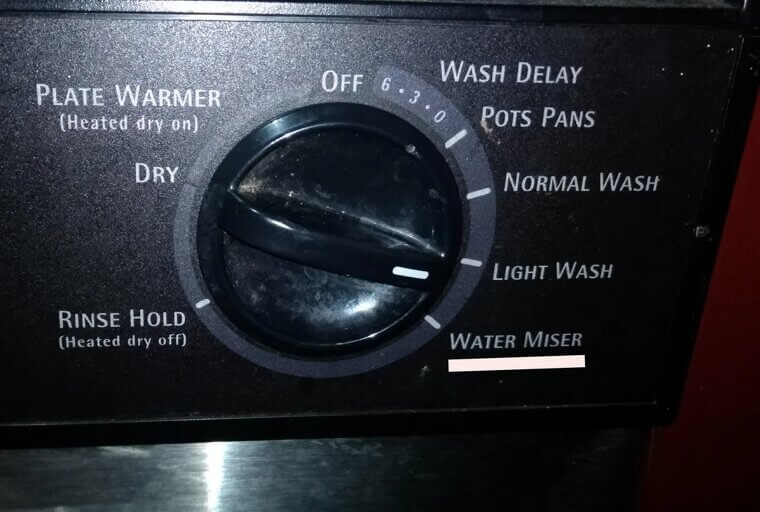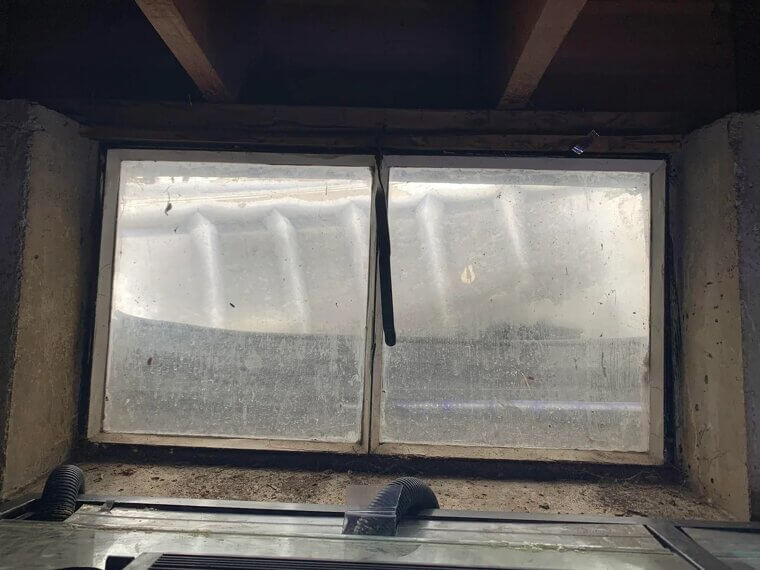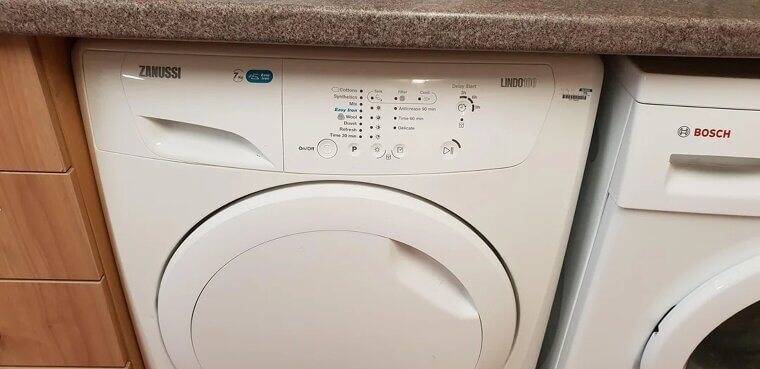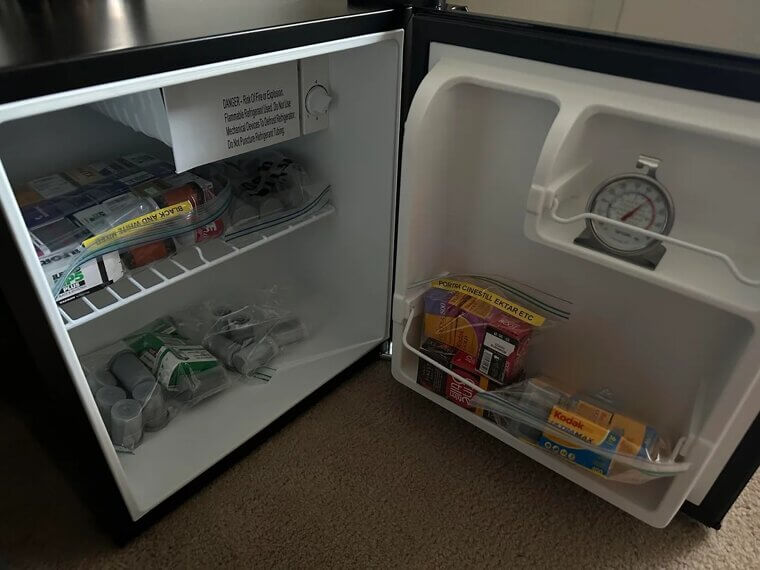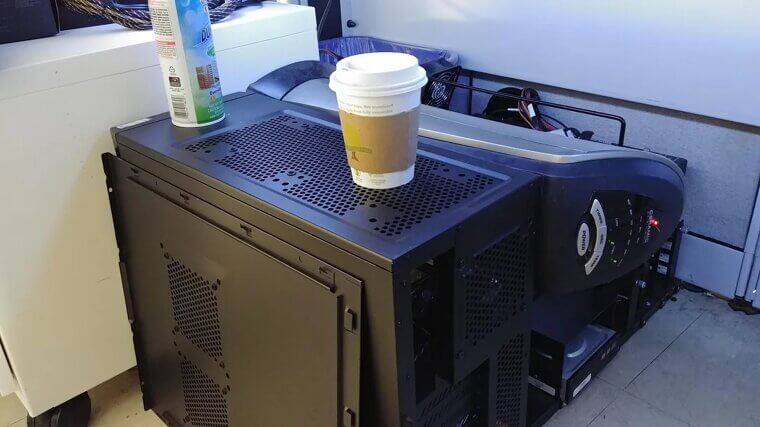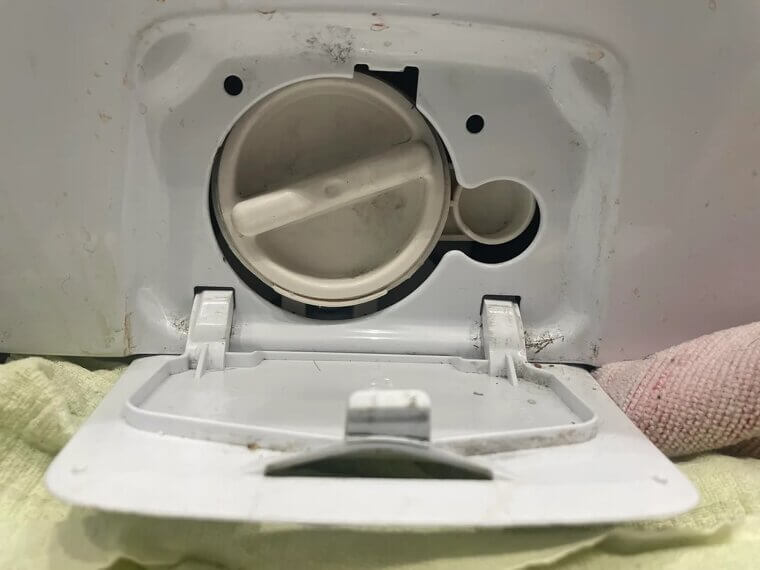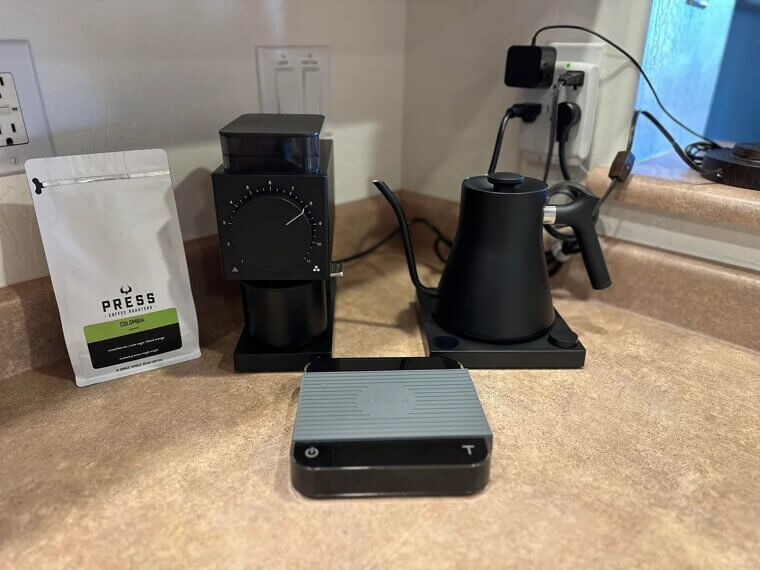These Household Habits Most of Us Have Are Eating Your Electricity for Breakfast
Utility bills make up a significant portion of the average household's monthly expenses. While electricity is obviously expensive, it’s safe to say that many families, oftentimes against their own knowledge, waste an unnecessary amount of electricity by simply adopting bad habits. Let’s take a closer look at 15 common household habits that are secretly driving up your energy bill.
Leaving Electronics on Standby
One of the biggest energy wasters is simply leaving devices on standby. Even though your TV, washing machine, and game console are turned off, they still draw energy when plugged in. Likewise, leaving your chargers plugged into the socket, even though your phone isn’t actually connected, still uses electricity.
Overusing Air Conditioning or Heating
Many families rely on air conditioning during the Summer months and heating during the Winter. However, these devices consume enormous amounts of electricity, especially when they are run continuously throughout the day.
Running Appliances During Peak Hours
Using electricity-intensive appliances, such as the dishwasher or washing machine, during peak hours can actually result in a higher electricity bill. This is due to time-of-use pricing, which is higher between 2:00 and 8:00 pm.
Charging Devices Overnight
Most devices charge fully within just a few hours. By leaving your phone, tablet, or laptop plugged in overnight, you are wasting electricity and driving up your energy bill.
Using Hot Water Excessively
Long showers and high-temperature washing cycles are massive energy wastes. In fact, any appliance with a heating element consumes a substantial amount of electricity. To save money, limit your shower time and set a temperature limit.
Using Outdated Appliances
Older models typically consume significantly more electricity compared to more modern ones. If you have a dishwasher, washing machine, or tumble dryer that is over 10 years old, it may be worth investing in a new one.
Keeping Lights on Unnecessarily
This one is pretty self-explanatory. If you are not in a room, the light doesn’t need to be on. In fact, lights should only be used in the early morning (if it is still dark outside) or in the evening. During the day, natural light is sufficient in most cases.
Not Making Use of Natural Light
One way in which you can save money on electricity is by installing more windows in your home. This way, you can rely on natural light instead of lighting fixtures.
Not Enabling Power-Saving Settings
Power-saving settings are in place for a reason, and when used, they can save you thousands on your electricity bill. Most modern appliances have sleep or eco modes that drastically reduce any electricity wastage.
Not Insulating Properly
Having an insulation problem and using indoor heating or cooling is redundant. The hot or cold air will simply escape your home through drafty windows and doors, making your HVAC system work that much harder and, therefore, use more electricity.
Using the Dryer For Every Load
Even though the tumble dryer is convenient, it uses a lot of unnecessary electricity. Instead of using it for every load, simply invest in a drying rack and make use of natural light. Only use the dryer when weather conditions make it impossible to dry your clothing otherwise.
Leaving the Fridge or Freezer Open
When you leave your fridge or freezer open, you allow all of the cool air to escape. For this reason, when you close the door again, it will have to work overtime in order to get the temperature back down again.
Using Space Heaters Inefficiently
Space heaters are notorious for high energy consumption. In fact, if you use them inefficiently, they can end up being one of the highest energy consumers in your household. If you insist on using one, make sure that it is in a small and well-insulated room.
Not Cleaning Appliance Filters
Dirty filters impact the efficiency of any device. For example, if you forget to clean your HVAC, dryer, or washer filter, it will eventually wear out and, consequently, use significantly more electricity than necessary. As a general rule, try to clean out these filters every month or so, especially if you use them on a daily basis.
Boiling More Water Than Necessary
Boiling water requires a significant amount of electricity. Simply boiling a single kettle can cost a few dollars on your monthly electricity bill. So, if you are planning to make one cup of tea, don’t fill the kettle the entire way, as this uses more electricity.

